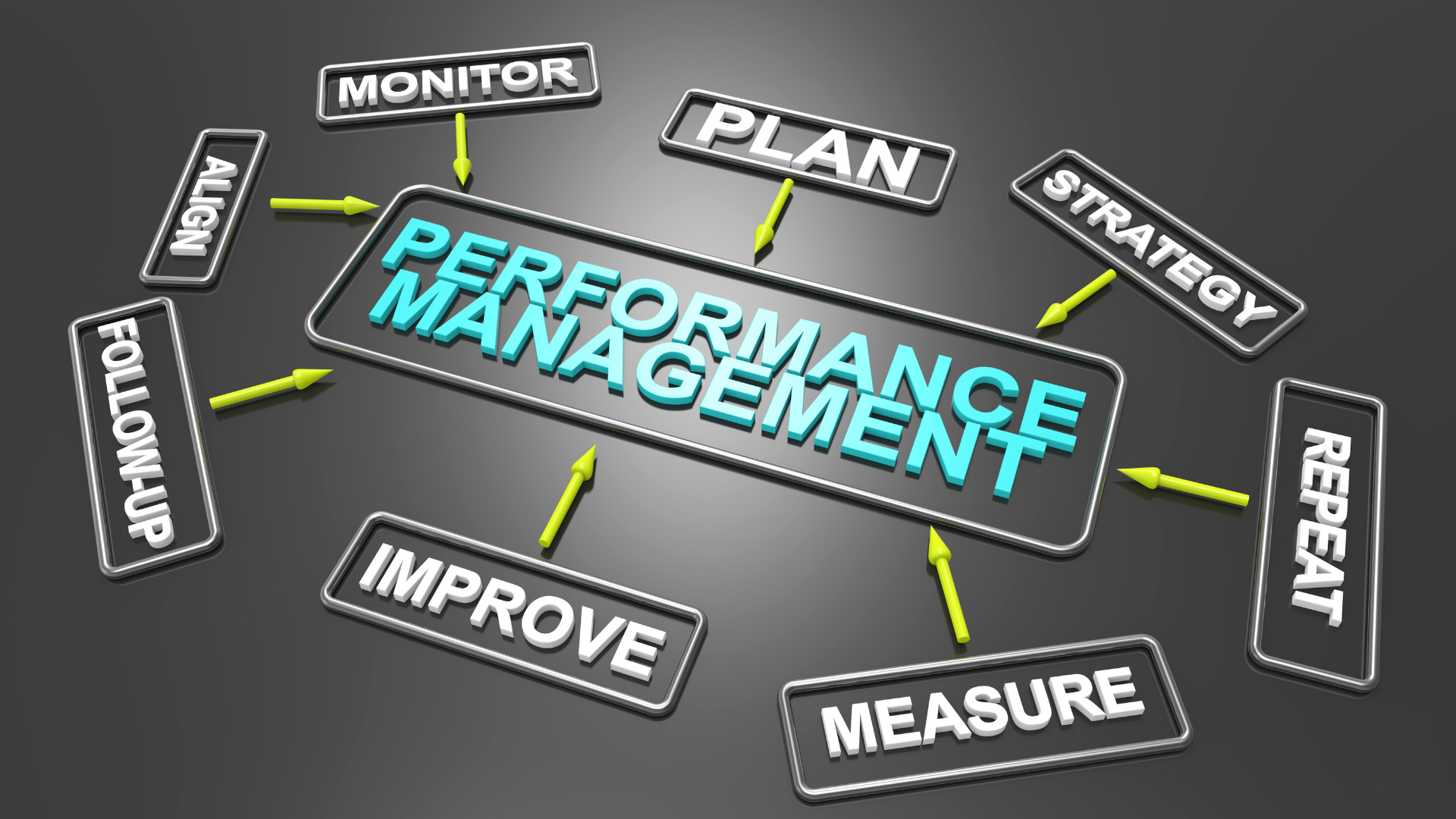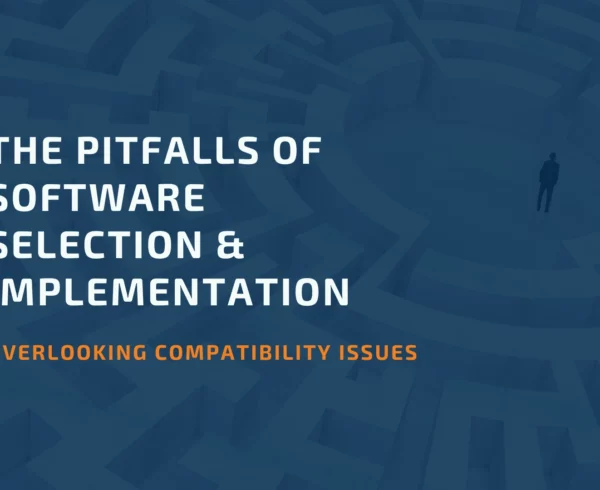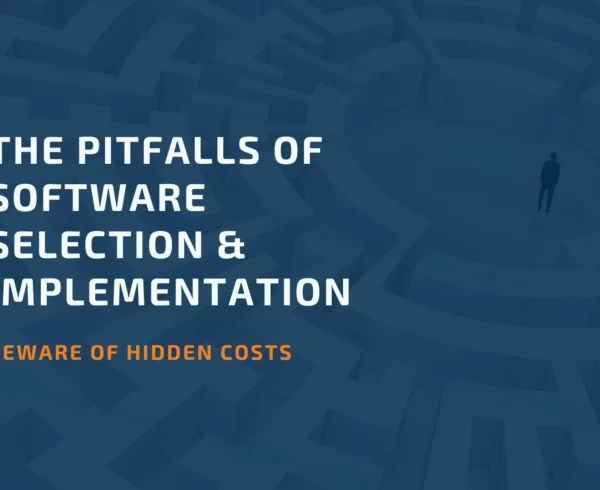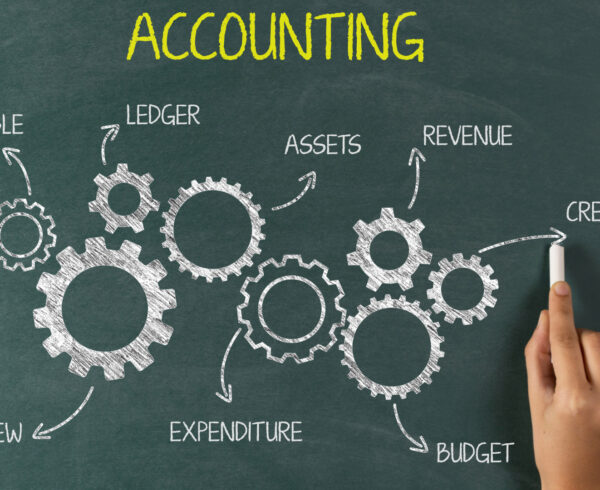A company’s success is dictated by its employee’s performance and the collective efficiency of their respective departments. To optimize employee performance, it’s important to have systems that record detailed employee goals and then measure each employee’s performance as it relates to achieving those goals. Technology can give you a considerable advantage in enhancing employee performance within your organization. HR software solutions can reduce errors by automating repetitive tasks, making the process more systematic and collaborative.
What is Performance Management?
Performance management is the method used to efficiently meet your company’s performance-related goals. These goals can relate to the organization’s performance as a whole or individual employees and departments.
Performance management also refers to any processes in place to manage specific tasks. You can use an HRMS to make the process easier and more efficient. Performance management systems manage employee progress, performance, and development with organizational goals. Businesses use performance management software to enable ongoing and meaningful conversations between managers and direct reports.
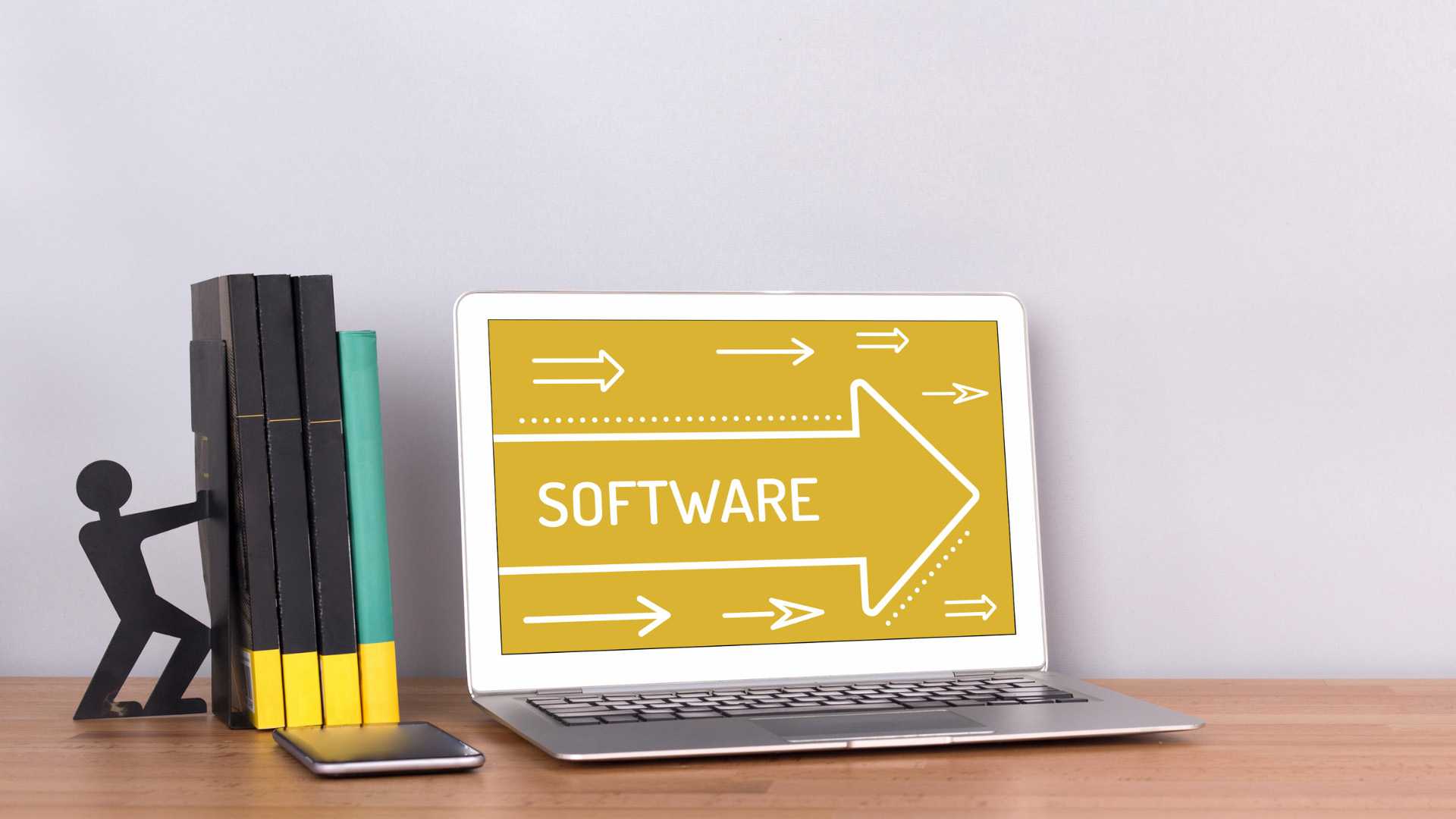
How does HR Software Improves Performance Management?
With technology on your side, performance reviews can become less of a chore. They can become a highly effective and rewarding component in your growth strategy. Here are a few reasons why:
HR Operational Efficiency
HRMS eliminate unnecessary paperwork from the process. Distribute forms across the company with the click of a button. Automate follow-ups with system-generated reminders to ensure they are completed and submitted on time. By efficiently collecting data, employee performance management software can help ease some of the burdens on your HR team. It can free them up to analyze the data so they can provide better and more objective constructive employee feedback.
Tracking and Monitoring
Continuous mapping of performance-related data is more beneficial for employers than just relying on annual reports. Tasks done and hours spent accomplishing them can be easily mentioned daily and subsequently monitored and tracked by the management.
Managers can use HRMS to assign tasks to their teams and monitor those tasks’ status. Another performance index important to monitor the performance of employees is the daily attendance and breaks. Managers can use HRMS to track attendance and break times accurately.

Performance Reviews
It is much easier to generate performance reviews when HRMS regularly tracks employee achievements, training, and errors. Doing so makes it no longer necessary for managers to try to remember events immediately after the last review or to gauge overall progress arbitrarily. Tracking employee performance on paper makes it is difficult to see the continuous process of employee development and performance. When employee data is saved and is available in one place using HRMS, the pathway becomes clearer, and it is easier to identify patterns, improvements, or opportunities.
Conclusion
Is your company looking for a HRMS to optimize your employee performance management? At BHC Group, we can help identify how your organization can benefit from HRMS. From improving operations and optimizing investments by automating the end-to-end technology lifecycle to planning, integrating, and supporting the infrastructure and tools you need to transform successfully, our team is ready to help.

